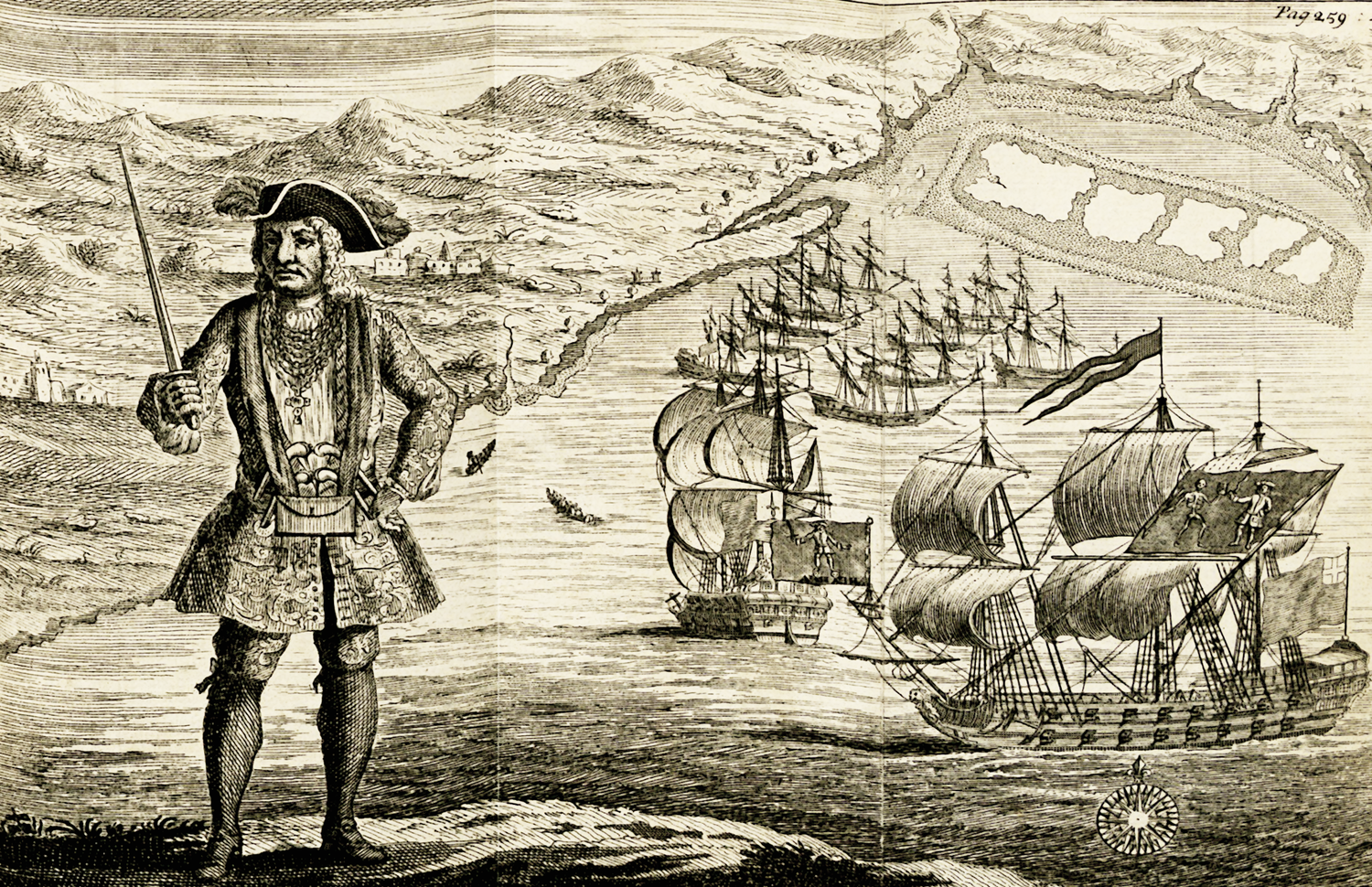
• LIVELY PODCASTS WITH YOUNG PRODUCERS
• INSIGHTFUL HISTORIAN INTERVIEWS
• LIVELY PODCASTS WITH YOUNG PRODUCERS • INSIGHTFUL HISTORIAN INTERVIEWS
Listen To UnTextbooked Episodes
Explore our collection of captivating episodes that tackle pressing issues, unravel untold stories, and bridge generations. Each episode is a journey through time, inviting you to connect with history on a personal level.
How did citizen protests help end the cold war?
The Cold War was marked by a bitter rivalry between the United States and the Soviet Union. Although former WWII NATO allies, what emerged was an atmosphere of constant fear for national security and a dangerous nuclear arms race.
How does naval domination control who runs the world?
In the 1930s, six naval powers roamed the world’s oceans: Great Britain, the United States, France, Italy, Germany, and Japan. Each nation was subject to the Washington Naval Treaty, which granted 60% of the world’s battleships to the Royal and US Navy, 20% to Japan, and 20% to France and Italy. However by 1945, the United States Navy had expanded to a fleet larger than that of all the great powers. What exactly did that mean in the wake of WWII?
Was the fall of the USSR inevitable?
By 1945, the Soviet Union was a founding member of the United Nations and a lobal superpower controlling half of Europe. By 1991, with five thousand nuclear missiles at its disposal and an army four million strong, the USSR was a formidable rival for the United States. But by the end of the year, the union would meet its untimely demise.
Why do Brazilian cars run on sugar?
It’s no secret that society will eventually have to transition away from fossil fuels. Some governments and businesses think the answer is biofuels,like ethanol. Ethanol is a type of alcohol—the same type of alcohol that humans have been producing for millenia. And so, in much of the world, the techniques to produce ethanol are already known and exploited. All it takes is the fermentation of sugary crop, like potatoes, corn, or sugarcane. The result is a clear liquid fuel that can power engines, similar to gasoline.
What does resilience look like for Iranian women?
For centuries, Iran had a strict social hierarchy that prevented women—particularly upper class women—from participating in public life. This started to change in the early 20th century when Iranians became disillusioned with the ruling class and had a constitutional revolution. This new constitution established a parliament, public schools, and also opened the door for women to start asserting their own rights to education and employment.
Why do we forget the cruelty of the British Empire?
On April 13, 1919, thousands of Indians gathered in Amritsar, Punjab to celebrate Baisakhi - a religious holiday. Such gatherings had been banned by the British colonial government, but the people gathered anyway to celebrate and to protest British imperialism.
How America’s fear of communism paved the way for a Chilean dictator.
During the Cold War, the United States feared the rise of Communism across the world. But in Latin America, the United States took action.
Damnation to the governor and confusion to the colony.
Pop culture misremembers the Golden Age of piracy, and usually portrays pirates as apolitical agents of chaos. But historians now believe that many pirates followed a democratic and egalitarian structure that put them directly at odds with the world’s biggest governments.
Meet the Team
Our team of young producers takes the reins, infusing every episode with creativity, curiosity, and fresh perspectives. Join us as we navigate the past and present, sparking meaningful conversations along the way.











